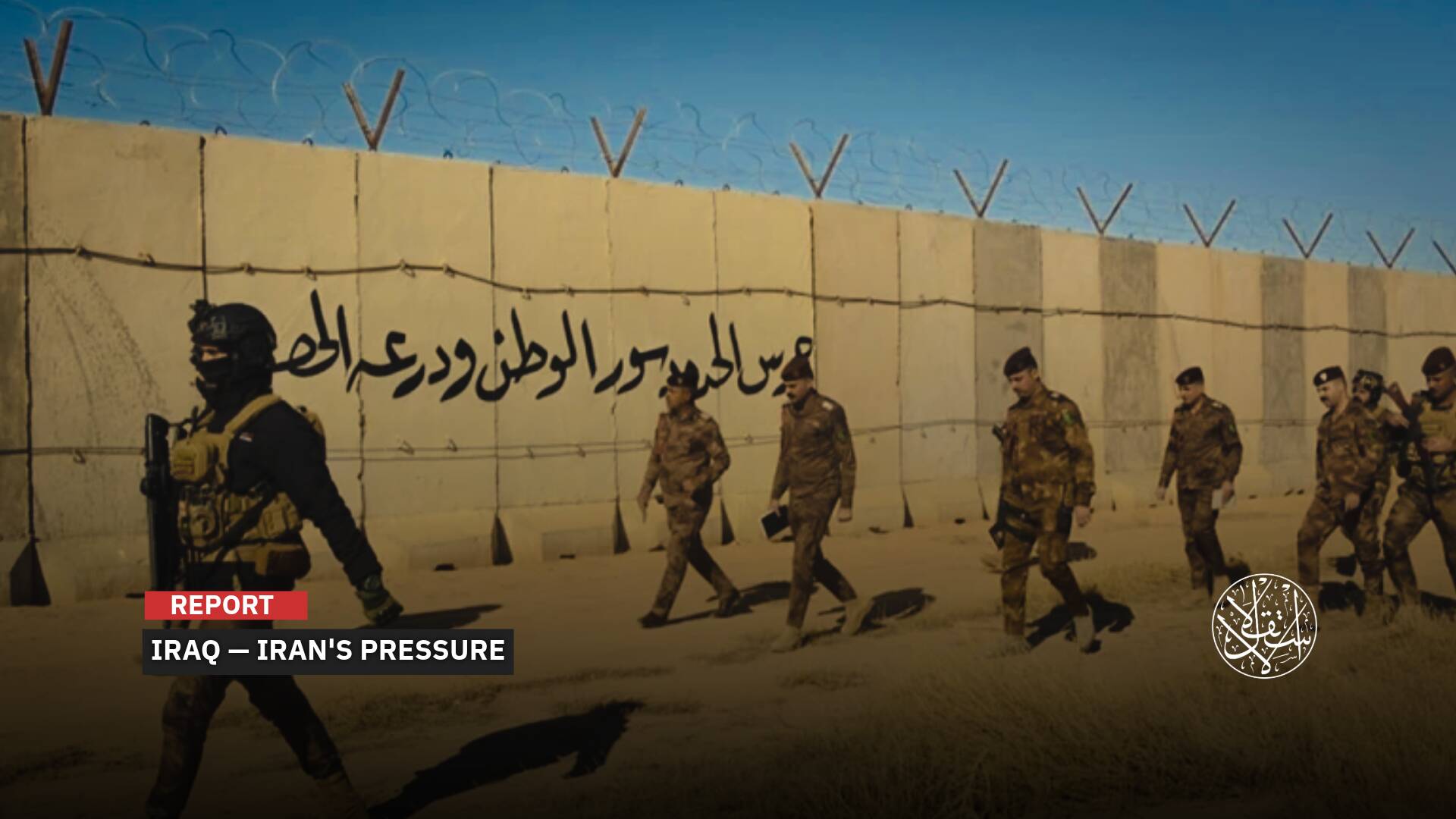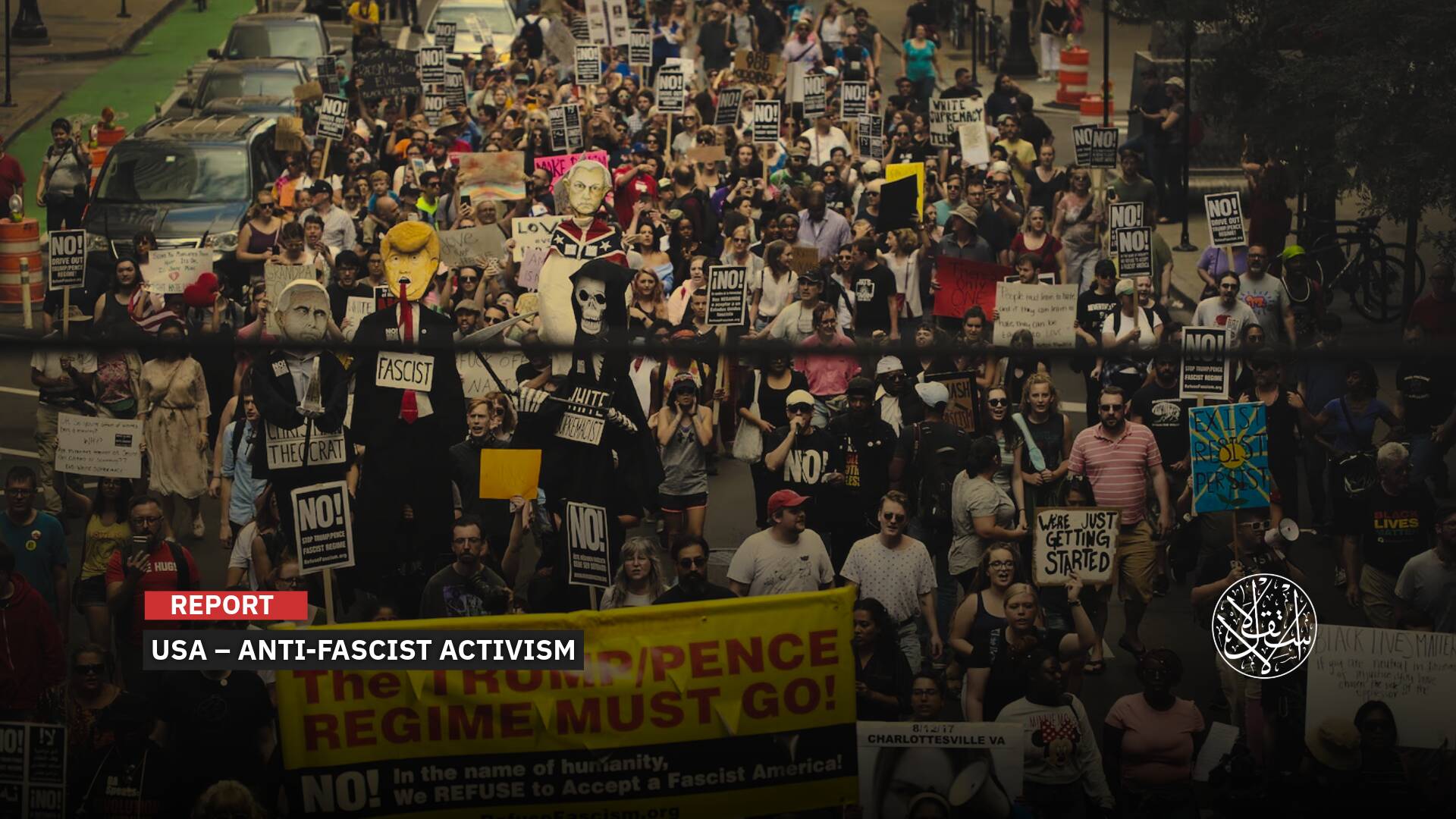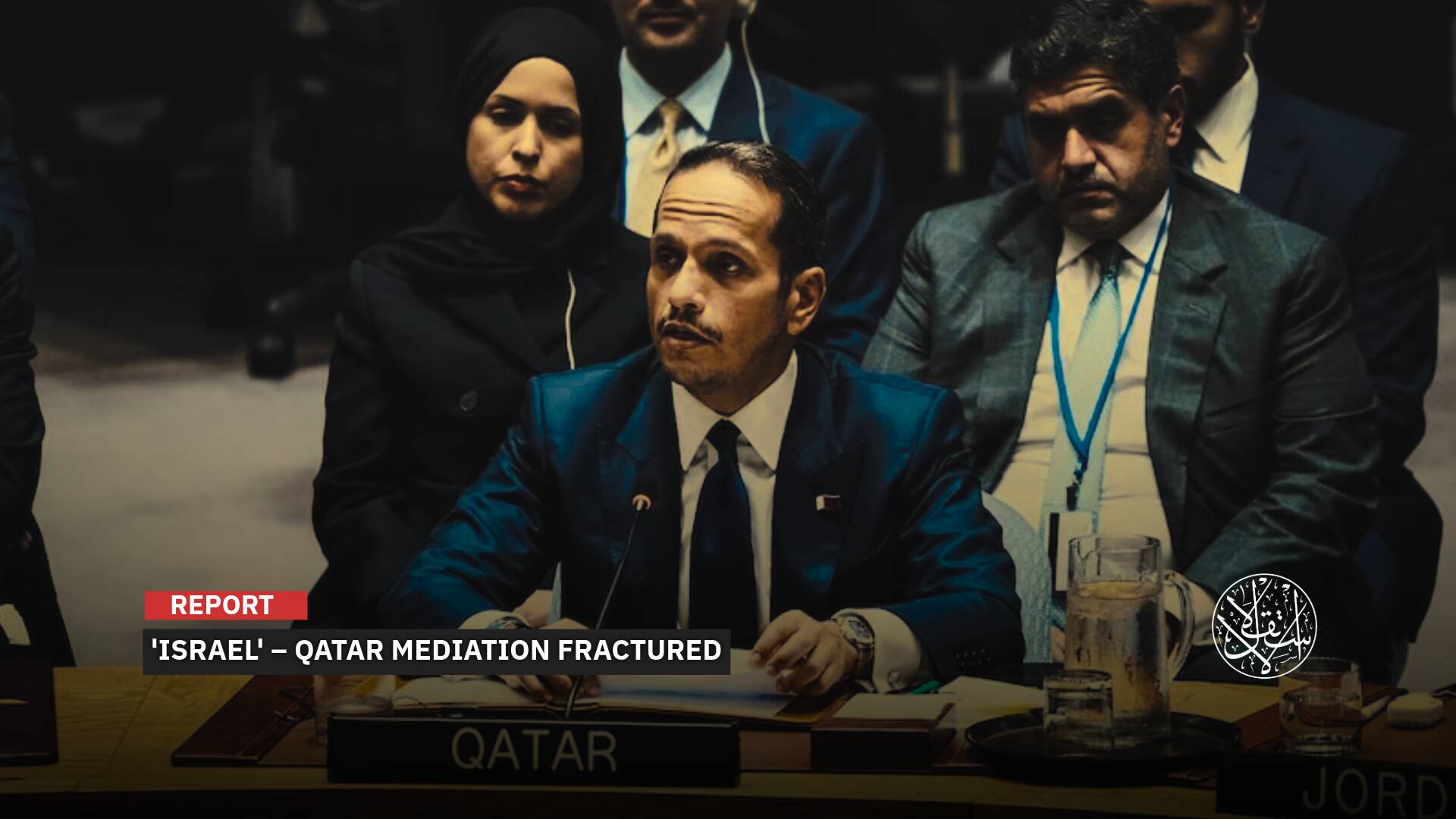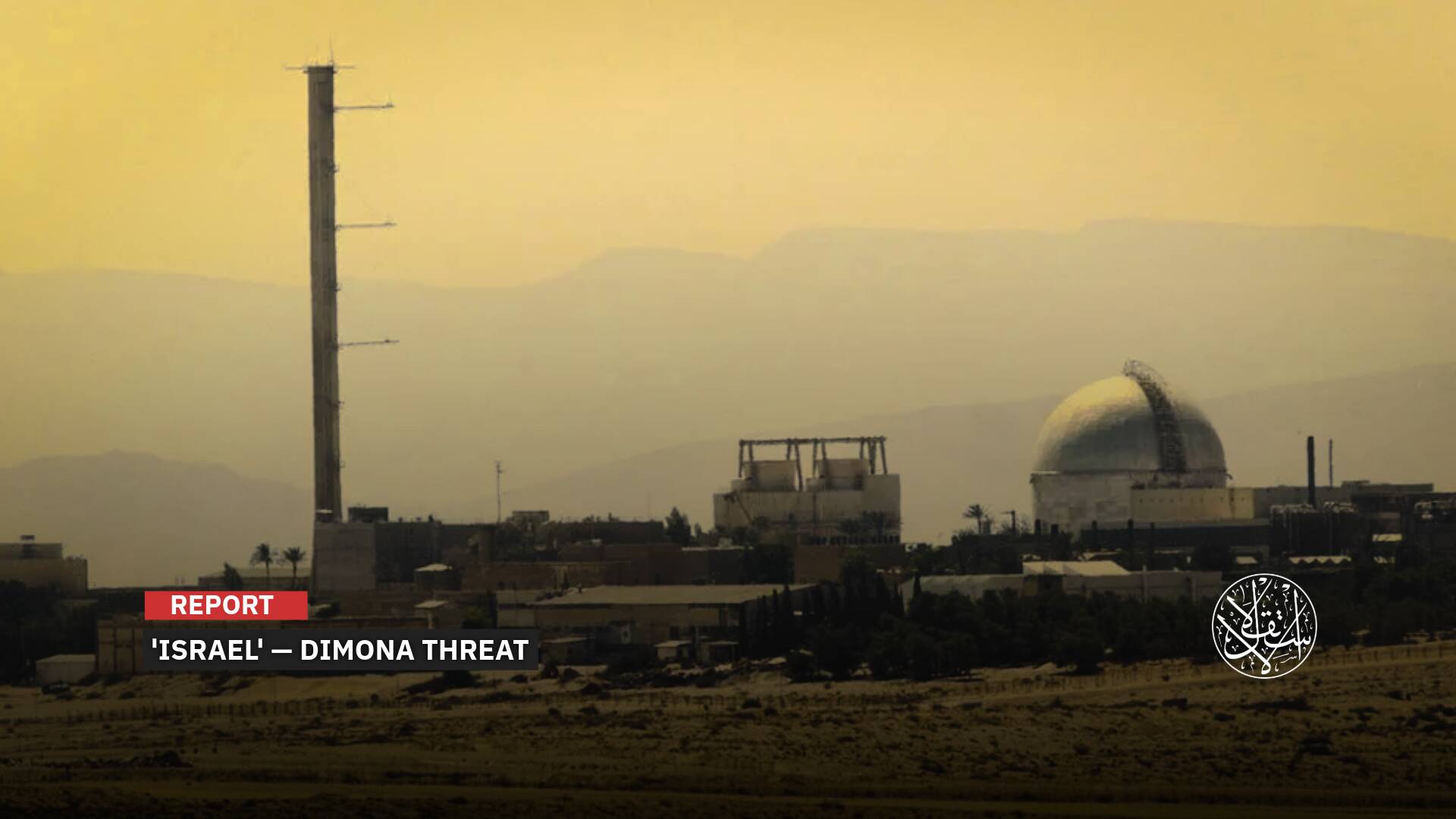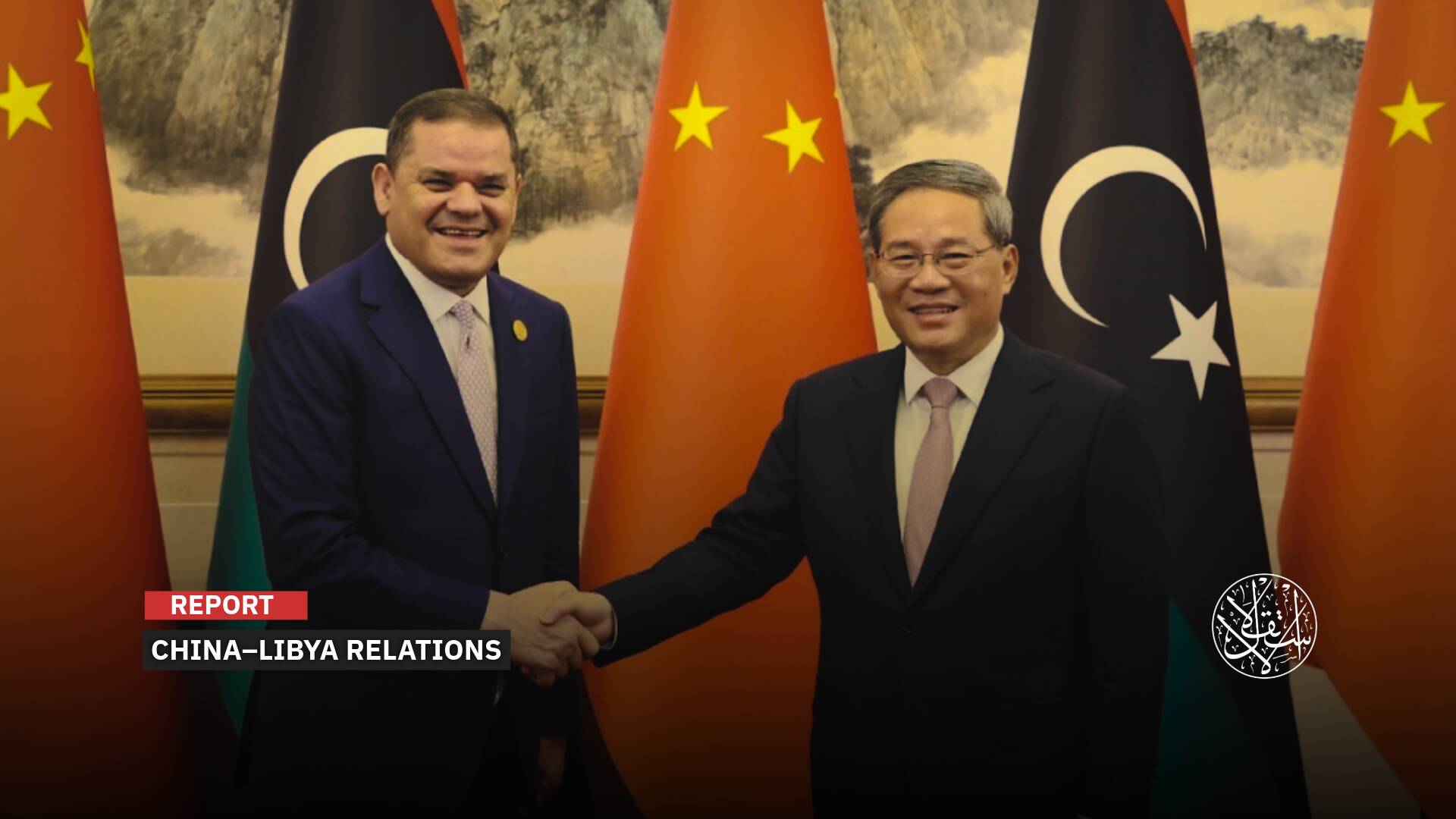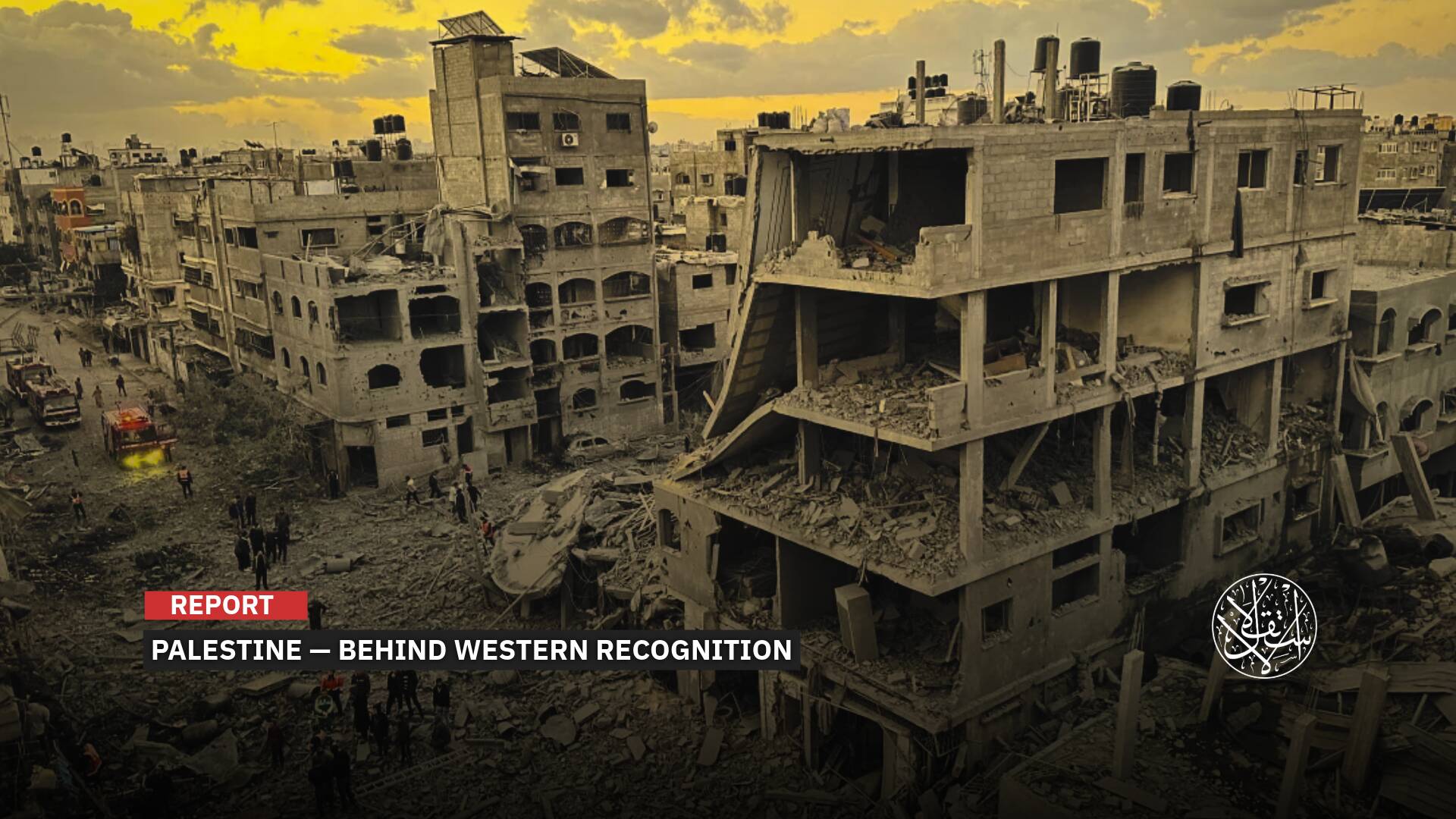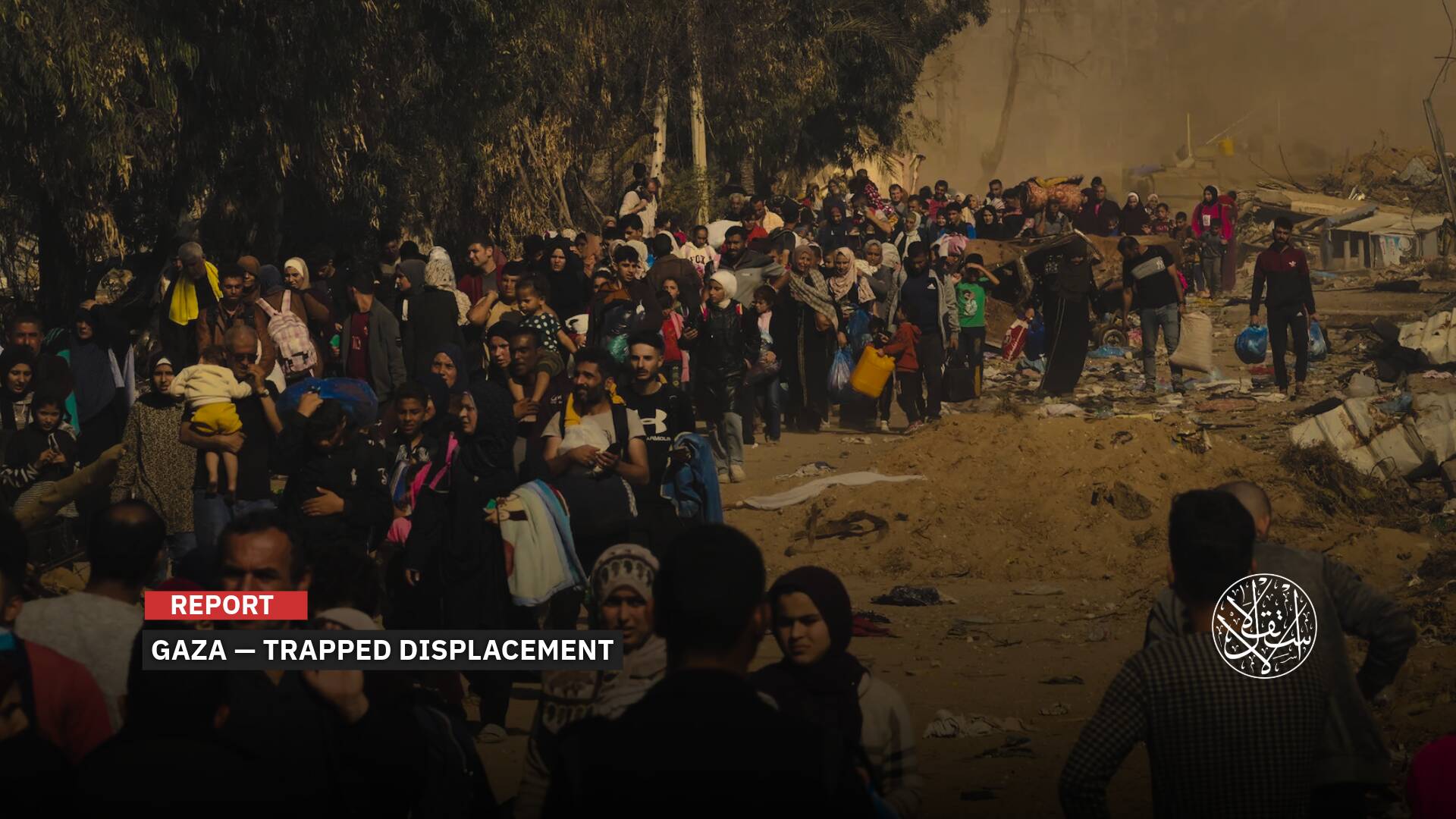After Being Targeted in Qatar, Is Hamas Preparing to Take the Fight With ‘Israel’ Beyond Gaza?
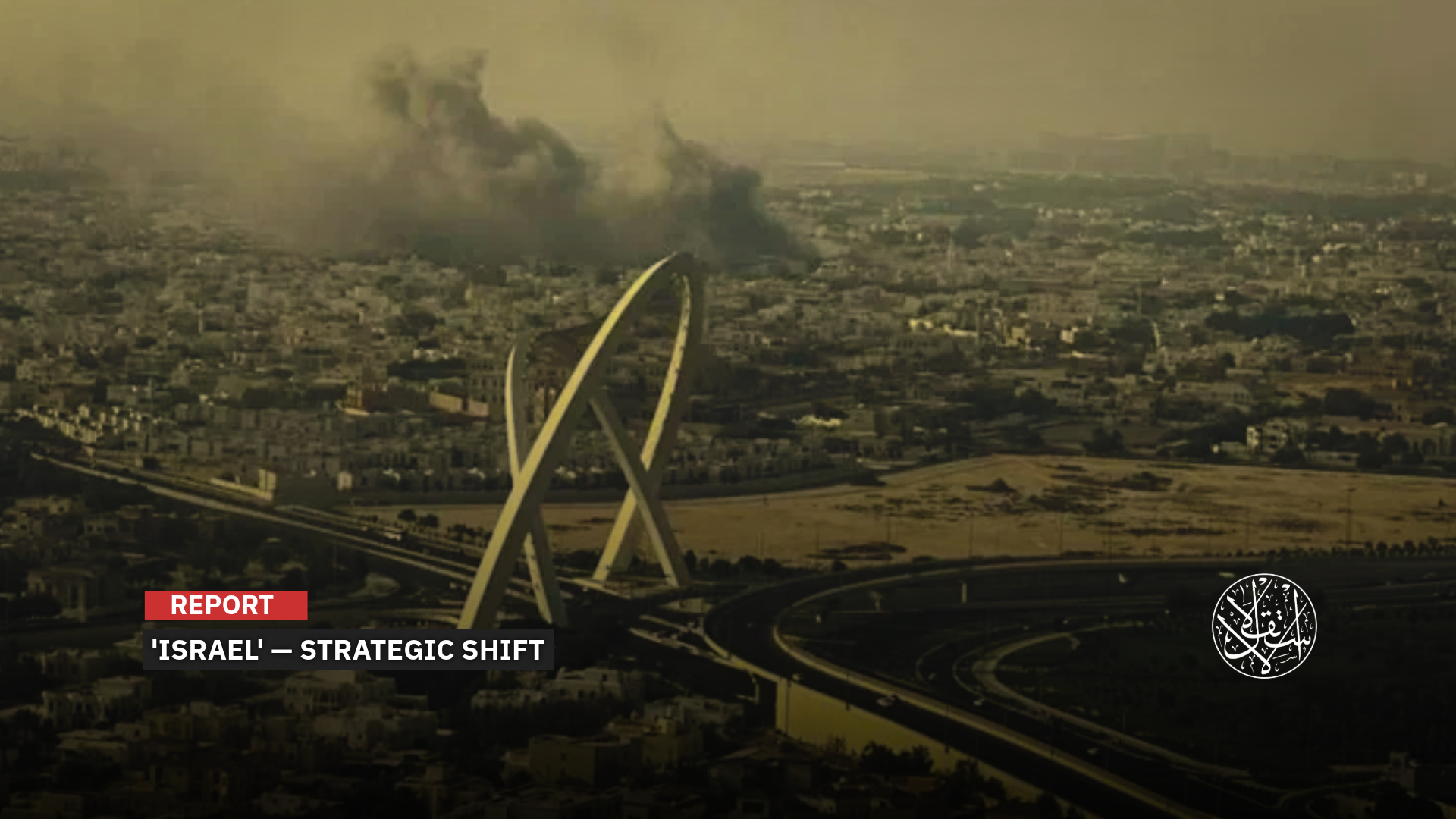
Hamas’s longstanding decision to avoid operations abroad was not born out of weakness.
Following “Israel’s” targeting of senior Hamas figures in Qatar and its ongoing campaign of destruction in Gaza over the past two years, questions are emerging over the possibility of Palestinian factions taking the battle against the occupation beyond the borders of Palestine.
The questions do not lie in whether the factions have the capacity to widen the scope of their operations or strike Israeli interests abroad, but rather in whether they are prepared to end a long-standing break with such a decision.
On September 9, 2025, “Israel” launched an airstrike on Hamas leadership in Doha, later vowing to pursue them “everywhere.”
The movement later confirmed that the intended targets had survived, while others, including relatives and close associates of the leadership, were killed.
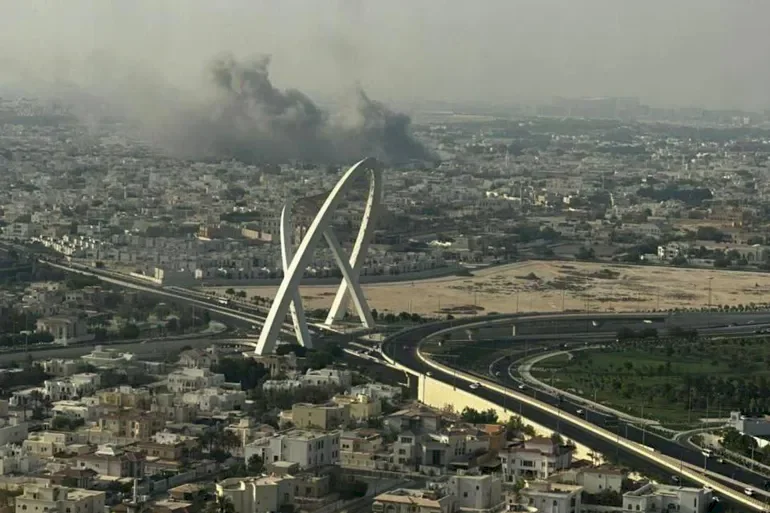
The Big Question
“Israel’s” National Security Council has warned that the second anniversary of October 7, 2023, when Hamas launched Operation al-Aqsa Flood, “may mark a significant moment in time” this year, pointing to the possibility of increased attempts to target Israelis and Jews abroad during this period.
In a statement issued on September 14, 2025, the council said that “terrorist organizations may make greater efforts to harm Israelis abroad through premeditated attacks or local initiatives.”
The release of these warnings, which comes “as the Jewish holidays approach,” aims to outline “updated threats against Israelis abroad.”
The council said its goal in publishing the advisory was “to raise Israeli public awareness of security risks in various parts of the world and to encourage appropriate precautionary measures.”
It added that “recent months have seen continued attempts to carry out attacks against Israeli and Jewish targets from multiple actors, most prominently led by Iran and Hamas.”
The council noted that “dozens of plots have been thwarted, yet in the past six months, several significant incidents have taken place, including physical assaults, terrorist activity, antisemitic attacks, and incitement on social media platforms.”
On September 17, 2025, Israel’s Channel 12 cited unnamed sources who said that “the security establishment has recently detected a renewed intent to carry out operations targeting Israelis abroad.”
In response to the airstrike in Qatar, Palestinian political analyst Yasser al-Zaatreh posed whether Hamas may now reconsider its long-standing stance against targeting Israeli interests outside Palestine.
Writing on X, al-Zaatreh said, “Hamas’s traditional decision not to carry out operations abroad was never due to a lack of capability, but rather stemmed from a political calculation that has been debated on multiple occasions.”
“Now that the Zionists have announced a long list of Hamas figures they intend to target abroad, and after assassinating most of its leaders inside Palestine, it is not far-fetched to imagine that the movement may revisit that strategy,” he argued.
Al-Zaatreh suggested that such a shift could take place within the context of a new paradigm shaped by the legacy of the October 7 attack, in which Hamas has emerged as a symbol in the consciousness of a generation of young Muslims and supporters of resistance globally.
As such, he believes that if the resistance were to open the door to such a course of action, it would “prompt large numbers of volunteers to carry out operations against Zionist targets in numerous countries.”
What is striking in this context, according to al-Zaatreh, is that “the movement may not even need to be directly involved. A simple call to action could be enough to encourage those youths to act, each according to their capacity and location.”
While this may initially be limited to Hamas alone, al-Zaatreh warned that “Israel’s” continued aggressions in Syria, Lebanon, Yemen, and elsewhere could eventually lead to a widening response, one that “Israel” may be unable to contain.
He stressed that “the regional landscape, as well as the international scene, is open to the possibility of escalation, the details and consequences of which only God knows.”
During Operation al-Aqsa Flood, the Palestinian resistance expanded its range of tactics, successfully bringing the battle into the heart of the occupied Palestinian territories through a series of attacks. However, it has yet to make the decision to target Israeli interests beyond the country’s borders.
The most recent of these attacks came on September 8, when Hamas claimed responsibility for killing six Israeli settlers and injuring 30 others in a shooting that targeted buses in the Ramot settlement in Jerusalem.
Another example came on February 20, 2025, when three buses exploded in the Bat Yam area, south of “Tel Aviv,” after explosive devices were planted at the site. No injuries were reported. The attack followed a string of shootings and vehicular assaults, both before and after that date.

A Tough Call
A political analyst close to Hamas, who spoke to Al-Estiklal on condition of anonymity, said it was difficult to predict whether the resistance would choose to pursue such a path, declining to share a personal opinion on the matter.
Another analyst, affiliated with the Palestinian Islamic Jihad movement, expressed support for the idea, on the condition that faction leaders merely call on Arabs, Muslims, and supporters of the Palestinian cause worldwide to target Israeli interests.
The second analyst, who also requested anonymity for fear of legal repercussions as he resides abroad, argued that “factions should not be directly involved in such actions.”
“With ceasefire talks in Gaza having reached a dead end, and with Israel moving to forcibly displace the population in preparation for occupying the Strip, it’s time to think outside the box,” he said.
He suggested that “taking the battle abroad would place Israel in direct confrontation with the free peoples of the world, something it cannot control.”
He believes that attacks on Israeli embassies, companies, and economic interests abroad could pressure host countries into taking real action.
“Demonstrations and speeches have, so far, only led to rhetorical escalation in Europe, without meaningful consequences,” he added.
“None of the attempts so far have succeeded in halting Israeli aggression or arrogance,” he said, “but if Israel begins to feel that its interests and relationships abroad are under threat, something might shift.”
He pointed out that “Israel” has already “taken the fight beyond Gaza,” referencing the airstrike in Qatar, the alleged assassination of Hamas political bureau chief Ismail Haniyeh in Iran, and ongoing assassinations of faction leaders in Lebanon. “So why shouldn’t the resistance do the same?” he asked.
Still, the analyst cautioned that “announcing such a step could expose the resistance leadership to pursuit, not only by “Israel” and the United States, but also by Arab and Muslim states aligned with the international order complicit in the aggression on Gaza, most of which adhere to U.S.-defined standards under the banner of counterterrorism.”
“Such a move would be immediately classified as terrorism, adding to the legal and political pressure already facing the factions, which are already heavily stigmatized and hunted. It would also be viewed as a destabilizing act against other sovereign states.”
For this reason, he argued, Palestinian factions should first prepare the ground by issuing anonymous statements or leaks that hint at the possibility of such an escalation if “Israel” does not halt its war.
Such a step, he added, would place the international community before its responsibilities. “Perhaps,” he said, “some free people of the world would take up the call and begin to act.”

Historical Context
This option has not emerged out of nowhere. In the early years of the Palestinian fedayeen movement, several nascent factions carried out operations beyond the borders of Palestine, targeting “Israel” and its interests abroad, including attacks on Israeli nationals.
The most infamous of these was the Munich operation, in which 11 members of the Israeli Olympic delegation were killed during the 1972 Games.
The attack was carried out by five members of the Palestinian group Black September, all of whom were killed during the operation.
The group said the attack was a response to Israeli airstrikes on fedayeen bases in Lebanon and the assassinations of several prominent Palestinian figures.
The most recent at the time was the killing of Palestinian journalist and writer Ghassan Kanafani, just two months prior to the operation.
Another well-known case was the Entebbe hijacking, carried out by two Palestinians from the leftist Popular Front for the Liberation of Palestine (PFLP) and two German nationals.
On June 27, 1976, they hijacked a French airliner that had departed from “Tel Aviv’s” Ben Gurion Airport en route to Paris.
After a brief stop in Athens, with 248 passengers onboard, including 103 Israelis, and a 12-member crew, the hijackers diverted the plane to Entebbe Airport in Uganda, with a short stopover in Libya.
On July 4, “Israel” launched a commando raid on the airport to free the hostages. The operation ended with the deaths of all the hijackers, three hostages, several Ugandan soldiers, and the Israeli commander Yoni Netanyahu, brother of current Prime Minister Benjamin Netanyahu.
In January 2024, Hamas’s armed wing, the Qassam Brigades, released a video message referencing that event, warning the families of Israeli captives: “Beware. Netanyahu doesn’t care if they all die, his own brother Yoni was killed in a hostage rescue operation.”
A number of airplane hijackings also took place throughout the 1960s and 1970s, many of them carried out by the PFLP, often with the help of foreign sympathizers. These were framed as responses to Israeli assassinations and were intended to secure prisoner exchange deals.
Since its founding in 1987, Hamas has not been known to carry out attacks or military operations beyond Palestinian territories.
The group defines itself as “a national liberation movement with a centrist, moderate Islamic ideology, committed to the Palestinian cause and non-interference in the affairs of others.”
However, Hamas has on rare occasions spoken of the possibility of taking the fight abroad. One such moment came after the assassination of Hamas military commander Mahmoud al-Mabhouh in Dubai in early 2010, which the group blamed on “Israel’s” Mossad intelligence agency.
At the time, Hamas official Mahmoud al-Zahar accused “Israel” and the West of pushing the group toward external confrontation, expressing readiness for such a scenario and declaring Hamas would “take the fight elsewhere if others wanted that.”
Fellow Hamas leader Ismail Radwan also warned that “if the West does not hold Mossad accountable for its crimes, it will be complicit in expanding the arena of confrontation with Israel,” adding that “such a development would not serve European interests.”
Radwan stressed that Hamas was capable of hurting “Israel” “anywhere, at any time,” and accused both “Israel” and the West of attempting to draw the group into a wider conflict. “We will examine all our options and will not remain silent over the blood of our martyrs,” he said.
At the time, he reiterated that Hamas’s core strategy focused on operations inside Palestinian territory, but added that the group “does not rule out other options if necessary,” especially given what he described as Western complicity in “Israel’s” crimes against the Palestinian people.
Today, whether such a strategy shift takes place remains tied to the unfolding situation in Gaza, which continues to face what many describe as a campaign of extermination, as “Israel” pushes forward with efforts to occupy the Strip, displace its population, and accelerate its annexation plans in the West Bank.


